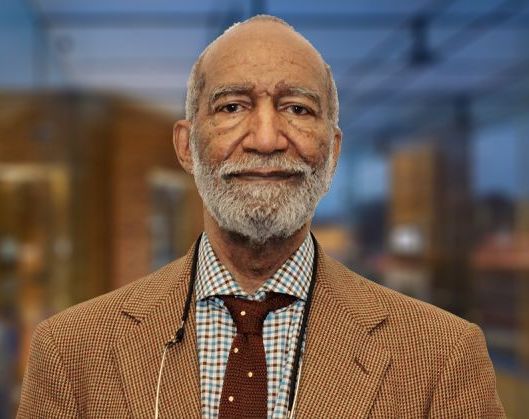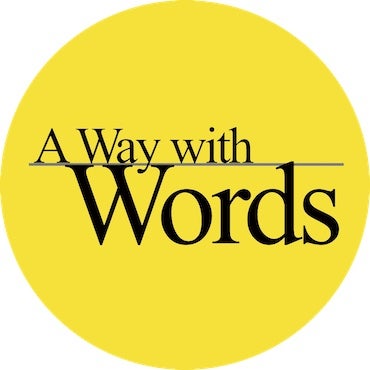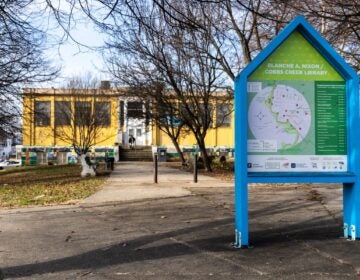‘The most wonderful human being’: Revered Philly architect leaves behind lasting legacy
During Emanuel Kelly's long career, his firm Kelly Maiello worked on some of the city’s most prominent public buildings.

Revered Philly architect Emanuel Kelly, 80, died suddenly on Jan. 12, 2024. (Kelly Maiello Architects/LinkedIn)
Philadelphia’s architecture community is mourning the loss of one of its most renowned practitioners and educators.
Emanuel Kelly, 80, died suddenly on Jan. 12, 2024, after suffering a pulmonary embolism. During his long career, his firm Kelly Maiello worked on some of the city’s most prominent public buildings, including City Hall, the Pennsylvania Convention Center and the Criminal Justice Center. In 2007, the firm was selected to design and build the President’s House at Independence National Historical Park.
Kelly Maiello, one of the city’s first Black-owned architectural firms, also had a hand in developing affordable housing, partnering with the Philadelphia Housing Authority on master plans for parts of its vast portfolio, including the Tasker Homes in South Philadelphia. The firm also played a key role in renovating the Church of the Advocate in North Philadelphia after a fire badly damaged the building.
Kelly received numerous accolades and awards for his considerable contributions to Philadelphia’s built environment. The list includes the 2020 Medal of Distinction from the Pennsylvania chapter of the American Institute of Architecture, the Pennsylvania Historical and Museum Commission’s 2010 Visionary in Historic Preservation Award, and the AIA Philadelphia Frederick Harbeson Award in 2009.
“What Kelly did was always look to the sensitive side of the design. And the humanist part of him was always up front and center. He was the most wonderful human being and that, in some ways, was exemplified by the work that he did,” said Robert Roesch, chair of the Philadelphia Art Commission.
Kelly chaired the Art Commission in 2015. He also co-founded the Community Design Collaborative and was a member of the Fairmount Park Art Association, Philadelphia Zoning Reform Commission and the Philadelphia Community Development Forum.
In 1993, he became the first Black president of the Philadelphia chapter of the American Institute of Architects.
Kelly spent more than two decades teaching architecture at Temple University before retiring in the early 2000s. While there, he mentored countless students and colleagues. Some of his students went on to work for Kelly Maiello, including principal Troy Leonard, who first met Kelly as a freshman in 1981.
“He was the most energetic, dedicated, not only architect but person that I’ve known. He had unlimited energy and focus. And dedication to the profession and dedication to Philadelphia and his community,” said Leonard.
Kate Wingert-Playdon, director of architecture at Temple University’s Tyler School of Art and Architecture, said Kelly welcomed her with open arms when she first arrived in Philadelphia from upstate New York. During their time together on Temple’s faculty, Kelly helped her navigate the politics of higher education and students “where they can make difference.”
“He had a belief in the people he worked with and drawing out the people he worked with,” said Wingert-Playdon. “He is especially important for young Black architects, architects of color, in both students and young professionals in allowing them to really understand their path.”
“Kelly listened and a conversation was a real conversation — always. Sometimes you would hear things you didn’t want to hear, but that was alright. That was what it was about and I think the students appreciated that very much,” said architect and friend George Claflen.
Kelly grew up in West Philadelphia and graduated from West Philadelphia High School.
He received his bachelor’s degree in architecture from Drexel University in 1971. He then earned a master’s degree in city planning and urban design from Harvard University. Kelly launched Kelly Maiello with longtime friend Vincent Maiello in 1976.

Subscribe to PlanPhilly
WHYY is your source for fact-based, in-depth journalism and information. As a nonprofit organization, we rely on financial support from readers like you. Please give today.







